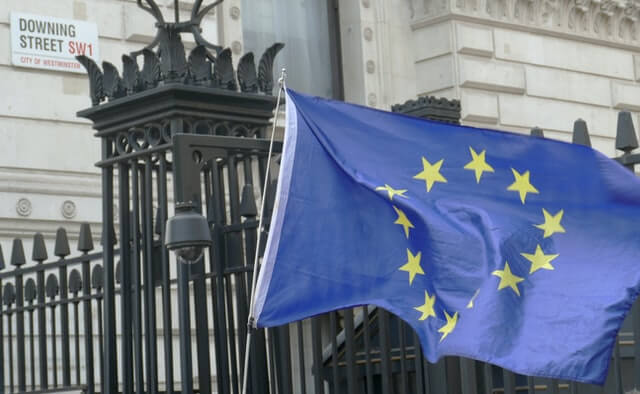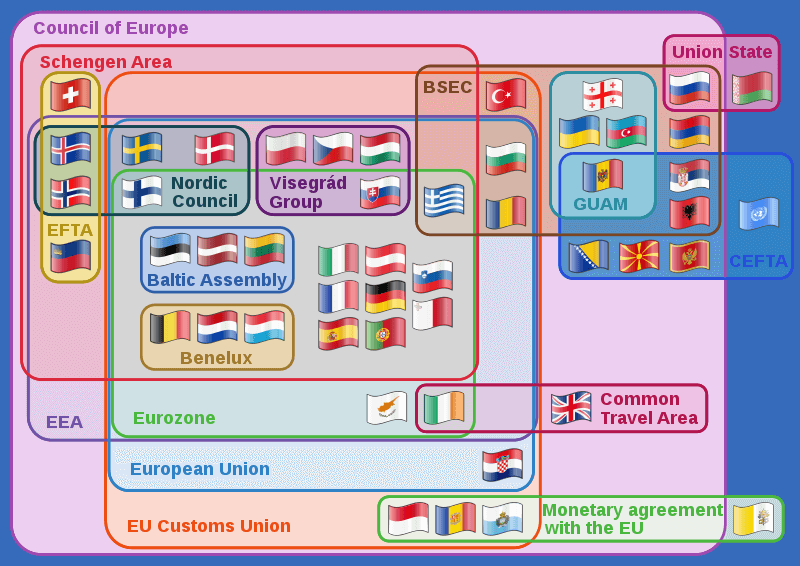The Netherlands is the Place to Go for UK Businesses After Brexit

Brexit has sent shockwaves throughout the business world. The UK has left the European Union, and this is going to have a lot of implications for businesses both in the UK and in other EU countries. One of the countries that is seeing a lot of interest from British businesses is the Netherlands. The Netherlands is seen as a stable country with a strong economy, and it offers a lot of benefits for businesses looking to set up shop within Europe. In this blog post, we will discuss why the Netherlands is such a good place for UK businesses after Brexit, and we will also look at how UK businesses can set up a subsidiary in the Netherlands to continue doing business with Europe.
Why the Netherlands?
The Brexit vote has had a lot of negative implications for the UK economy. There is a lot of uncertainty surrounding the future of the UK economy. Among other things, it is making it difficult for businesses to import and export goods and services, and it is also causing a lot of red tape when it comes to doing business within Europe.
In contrast, the Netherlands has a very stable economy and offers a number of benefits for businesses looking to set up shop in Europe. Since Brexit, the UK is no longer a member of the EU and has thereby also left the EU Single Market. This means that the UK is no longer a member of the world's largest trade block and smooth trade is no longer guaranteed. Instead extra tariffs and extra paperwork may apply.

The Netherlands is part of the Eurozone (which the UK never was), so businesses can easily trade with other countries that use the Euro currency.
The Dutch government is very supportive of businesses, and they offer a range of incentives such as tax breaks and subsidies. The Netherlands is in fact one of the most business-friendly countries in Europe, and it has a very low corporate tax rate for small businesses and even lower for innovative businesses. This makes the Netherlands a very attractive destination for UK businesses looking to set up shop within the EU.
| Profit | 2023 | 2024 |
|---|---|---|
| SME tariff | 19% (up to €200.000) | 19% (up to €200.000) |
| Standard tariff | 25,8% (profits exceeding €200.000) | 25,8% (profits exceeding €200.000) |
| Innovation Box | 9% on profits derived from qualifying innovative activities | 9% on profits derived from qualifying innovative activities |
Read many more reasons why the Netherlands is your business' go-to destination post-Brexit.
How can UK businesses set up a subsidiary in the Netherlands?
The most common way to structure the Dutch company is to set up a BV (equivalent of a Ltd.) as a daughter company of your UK Limited company. This way you avoid double taxation of profit and dividend taxation. It has a few other advantages as well.
If you are a UK business looking to set up such a subsidiary in the Netherlands, you will need to go through a Dutch notary and register with the Dutch Chamber of Commerce. Additionally you will need to set up a bank account and obtain a vat number at the Dutch Tax Authorities (Belastingdienst). We can arrange the incorporation and registration for you. Request a quote here.
Read the full Dutch company registration timeline here.

Brexit implications for Businesses - what about importing and exporting goods and services?
All these changes that come with Brexit create extra paperwork for companies who have to import or export goods and services between countries now. Before Brexit, the UK was a member of the EU and had access to the Single Market. Brexit has changed all this as now there are new regulations which make it more difficult for companies to import or export goods between countries. Which means that businesses in England will have higher costs due to Brexit implications on Businesses Import/Export!
The most important things for companies involved in importing/exporting is an EORI number and in some cases an art. 23 permit. In certain cases an article 23 permit is required, usually when you are importing goods. This reverse-charge mechanism on import means that you are not required to pay the VAT immediately at the import, but that VAT can then be paid when you file your VAT return. In order to do this, you will need an Article 23 permit. As foreign entrepreneur, you are not able to apply for an Article 23 permit yourself. However you can engage a Dutch tax representative for this purpose. This representative can apply for a permit for you.
Find out more on our pricing and services page.
Keep access to the EU - by setting up a company in the Netherlands
Not only does Brexit have short term effect on efficient trade between the UK and Europe. Brexit is also causing a lot of uncertainty among businesses, and this is reflected in the fact that many companies are postponing their investment decisions. This could have a negative effect on the UK economy in the long-run, as it will mean that the country will start to slow down economically.
Many reasons to have at least part of your business within the EU. Start today with requesting a free quote.
Relocating to the Netherlands from the UK
Post-Brexit, all British citizens who wish to move to the Netherlands have to apply for a Highly Skilled Migrant's Residence Permit in order to live and work here.
The alternative is to set up your own business here, but it must be innovative, create employment, require investment and you have to be able to show that it will add value to the Netherlands. The business plan requirement is very strict as it will be assessed by the Netherlands Enterprise Agency and points will be awarded, a minimum of 90 out of 300 are required (30 points for each section of the required 3 parts). You can read more about these requirements here.
In our experience many entrepreneurs will not meet the criteria for the self-employed Residence Permit. Typically they are looking for new businesses in their key industries: life sciences & health, agrifood, IT & tech, chemicals, high tech systems, creative, energy and finance.
